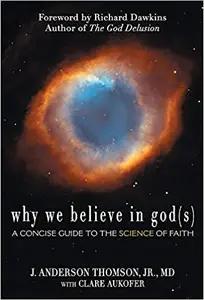Why We Believe in God(s): A Concise Guide to the Science of Faith
By J. Anderson Thomson
Category
ScienceRecommended by
"Why We Believe in God(s)" by J. Anderson Thomson is an insightful exploration into the psychological and cognitive explanations for religious belief. Drawing on scientific research and evolutionary theory, Thomson delves into the roots of human religious experiences, highlighting the inherent computational mechanisms that predispose individuals to believe in gods.
Through a concise and comprehensive analysis, Thomson examines the cognitive and emotional frameworks that underpin religious belief and its supernatural manifestations. He delves into topics such as agency detection, pattern recognition, fear, and social cohesion, illustrating how these mechanisms have shaped our propensity to believe in higher powers.
Thomson also presents compelling evidence from neuroimaging studies and anthropological research, shedding light on the neural circuits associated with religious experiences and their cultural significance. He dissects the evolutionary origins of religious belief, revealing how it might have provided adaptive advantages for human societies throughout history.
Throughout the book, Thomson maintains an objective and balanced perspective, avoiding both overly reductionist explanations and uncritical reverence for religious experiences. He poses thought-provoking questions, challenging readers to critically examine their own beliefs and consider alternative explanations for their faith.
In "Why We Believe in God(s)", Thomson combines scientific rigor with accessible language, making complex concepts understandable to a wide range of readers. This compelling synthesis of psychology, neuroscience, and evolutionary theory provides a thought-provoking journey into the innate human inclination to believe in gods, stimulating a deeper understanding of religious experiences.
Through a concise and comprehensive analysis, Thomson examines the cognitive and emotional frameworks that underpin religious belief and its supernatural manifestations. He delves into topics such as agency detection, pattern recognition, fear, and social cohesion, illustrating how these mechanisms have shaped our propensity to believe in higher powers.
Thomson also presents compelling evidence from neuroimaging studies and anthropological research, shedding light on the neural circuits associated with religious experiences and their cultural significance. He dissects the evolutionary origins of religious belief, revealing how it might have provided adaptive advantages for human societies throughout history.
Throughout the book, Thomson maintains an objective and balanced perspective, avoiding both overly reductionist explanations and uncritical reverence for religious experiences. He poses thought-provoking questions, challenging readers to critically examine their own beliefs and consider alternative explanations for their faith.
In "Why We Believe in God(s)", Thomson combines scientific rigor with accessible language, making complex concepts understandable to a wide range of readers. This compelling synthesis of psychology, neuroscience, and evolutionary theory provides a thought-provoking journey into the innate human inclination to believe in gods, stimulating a deeper understanding of religious experiences.
Share This Book 📚
More Books in Science
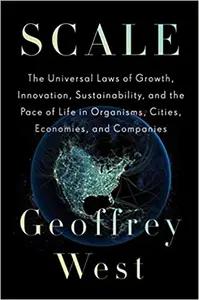
Scale
Geoffrey West
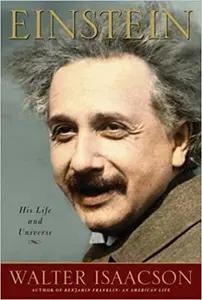
Einstein
Walter Isaacson

How to Change Your Mind
Michael Pollan

The Checklist Manifesto
Atul Gawande

When Breath Becomes Air
Paul Kalanithi
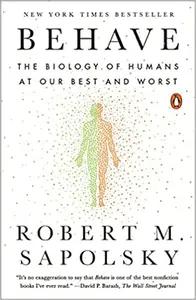
Behave
Robert Sapolsky
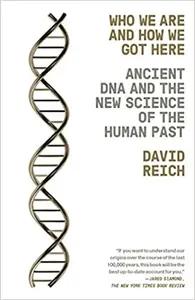
Who We Are and How We Got Here
David Reich

Genome
Matt Ridley
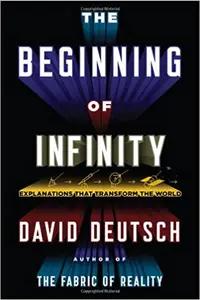
The Beginning Of Infinity
David Deutsch

The Origin of Consciousness in the Breakdown of the Bicameral Mind
Julian Jaynes

The Pleasure of Finding Things Out
Richard P. Feynman
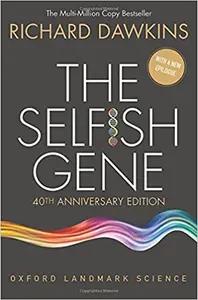
The Selfish Gene
Richard Dawkins

The Structure of Scientific Revolutions
Thomas Kuhn

I Contain Multitudes
Ed Yong

If The Universe Is Teeming With Aliens...Where Is Everybody?
Stephen Webb

Living Within Limits
Garrett Hardin

Moonwalking with Einstein
Joshua Foer

QED
Richard Feynman

Six Easy Pieces
Richard P. Feynman
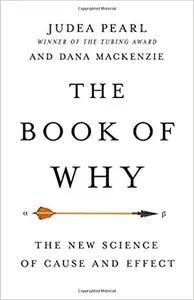
The Book of Why
Judea Pearl
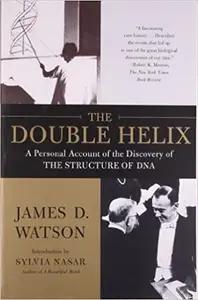
The Double Helix
James D. Watson Ph.D.
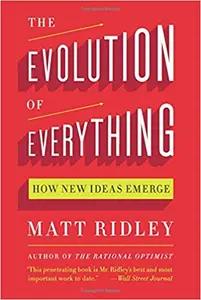
The Evolution of Everything
Matt Ridley

The Gene
Siddhartha Mukherjee

The God Delusion
Richard Dawkins

The Precipice
Toby Ord

Thing Explainer
Randall Munroe

What Do You Care What Other People Think?
Richard P. Feynman

100 Plus
Sonia Arrison

A Brief History of Time
Stephen Hawking

A Cultural History of Physics
Karoly Simonyi
Popular Books Recommended by Great Minds 📚

Foundation
Isaac Asimov

Thinking In Bets
Annie Duke
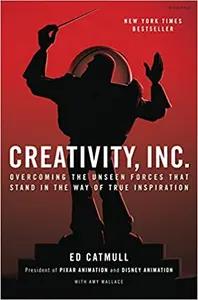
Creativity, Inc.
Ed Catmull

The True Believer
Eric Hoffer

The Internet of Money Volume 1
Andreas Antonopolous
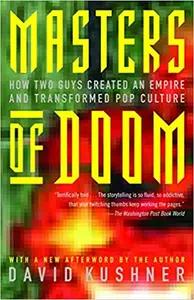
Masters of Doom
David Kushner
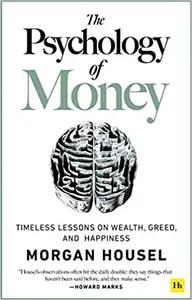
The Psychology of Money
Morgan Housel

The Courage To Be Disliked
Ichiro Kishimi

Can't Hurt Me
David Goggins

Poor Charlie's Almanack
Charlie Munger
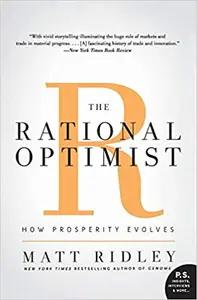
The Rational Optimist
Matt Ridley

Brotopia
Emily Chang

Behind the Cloud
Marc Benioff
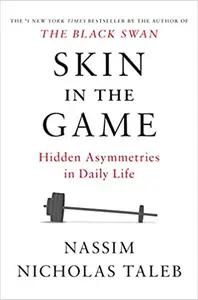
Skin In The Game
Nassim Taleb

Atlas Shrugged
Ayn Rand

The Outsiders
William Thorndike

The Innovators Dilemma
Clayton Christensen

Security Analysis
Benjamin Graham

Dune
Frank Herbert

Give and Take
Adam Grant

The Bitcoin Standard
Saifedean Ammous

Who We Are and How We Got Here
David Reich

Becoming Steve Jobs
Brent Schlender

The Intelligent Investor
Benjamin Graham

The Prince
Nicolo Machiavelli
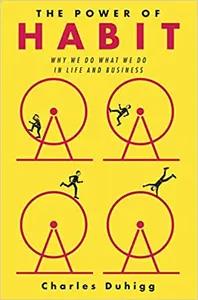
The Power of Habit
Charles Duhigg
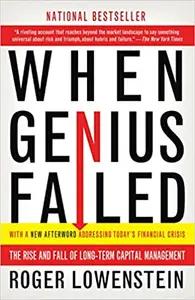
When Genius Failed
Roger Lowenstein
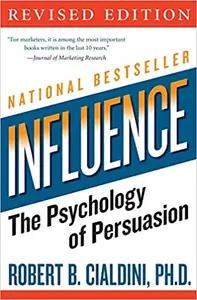
Influence
Robert Cialdini

7 Powers
Hamilton Helmer

1984
George Orwell
